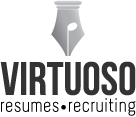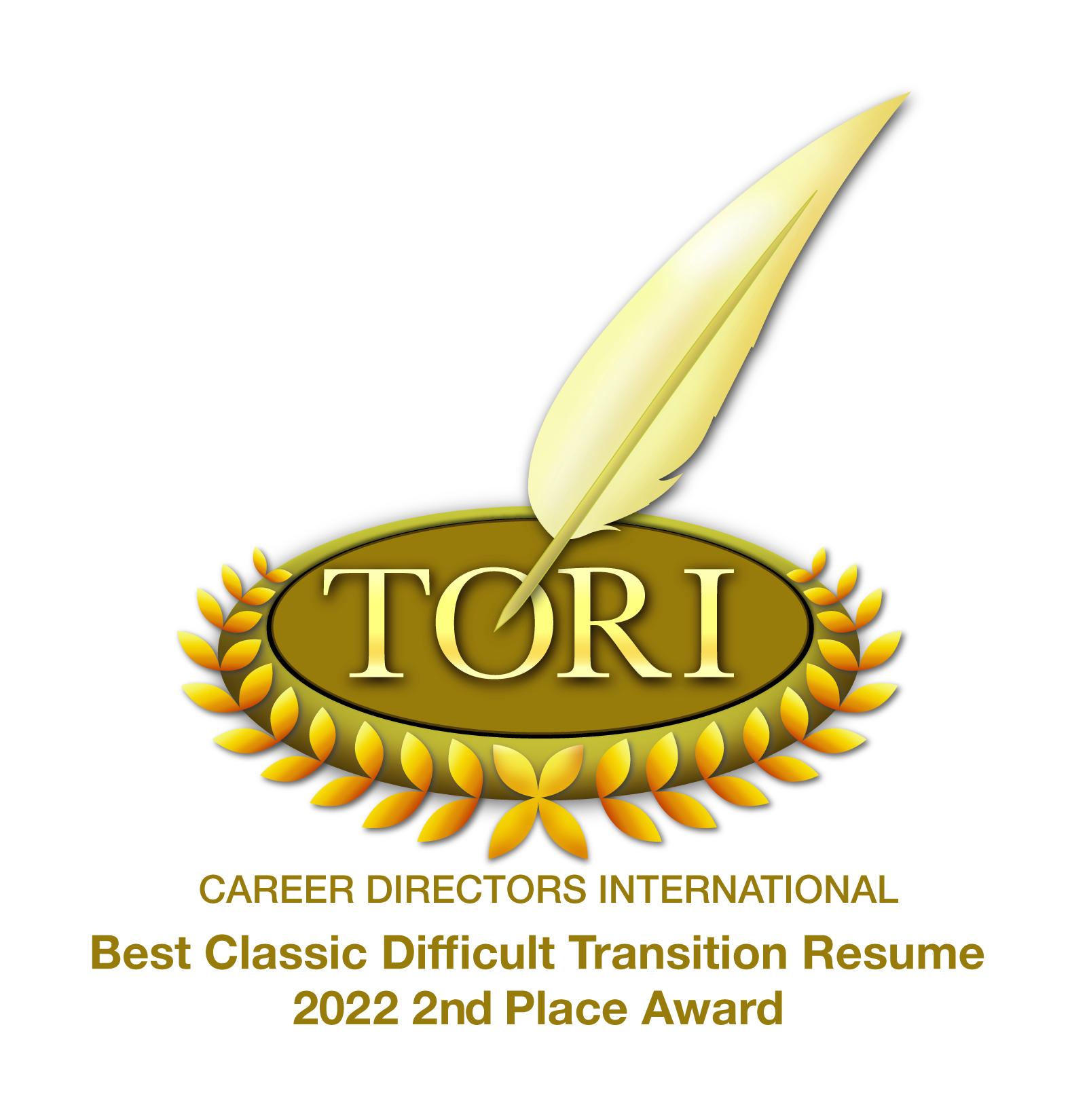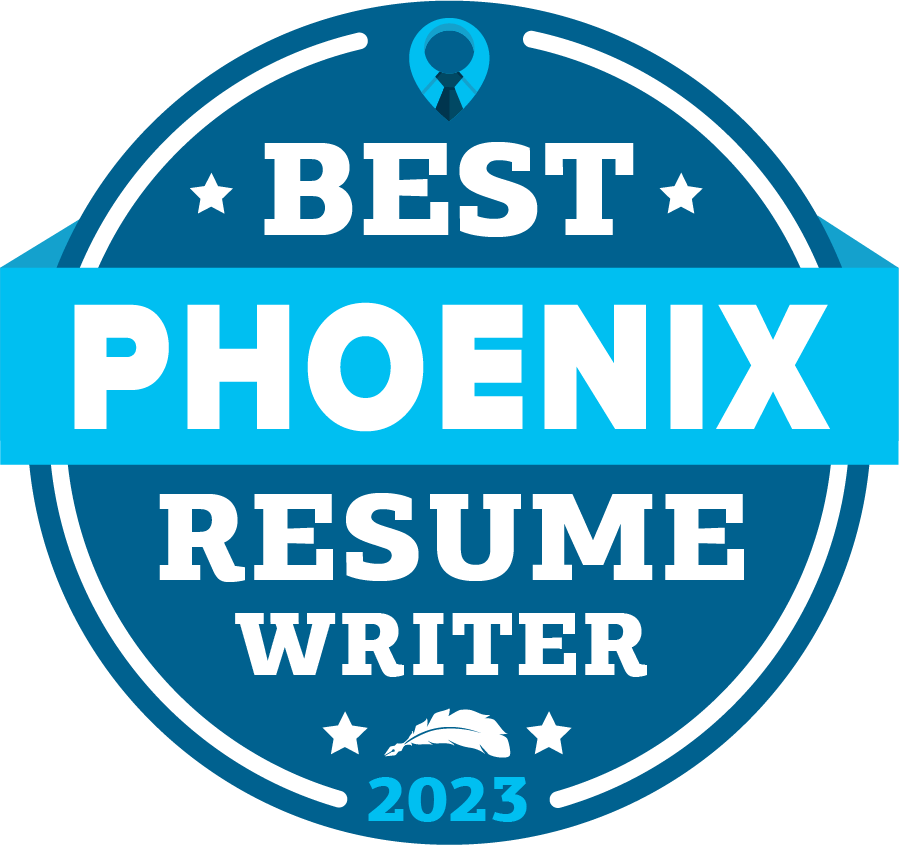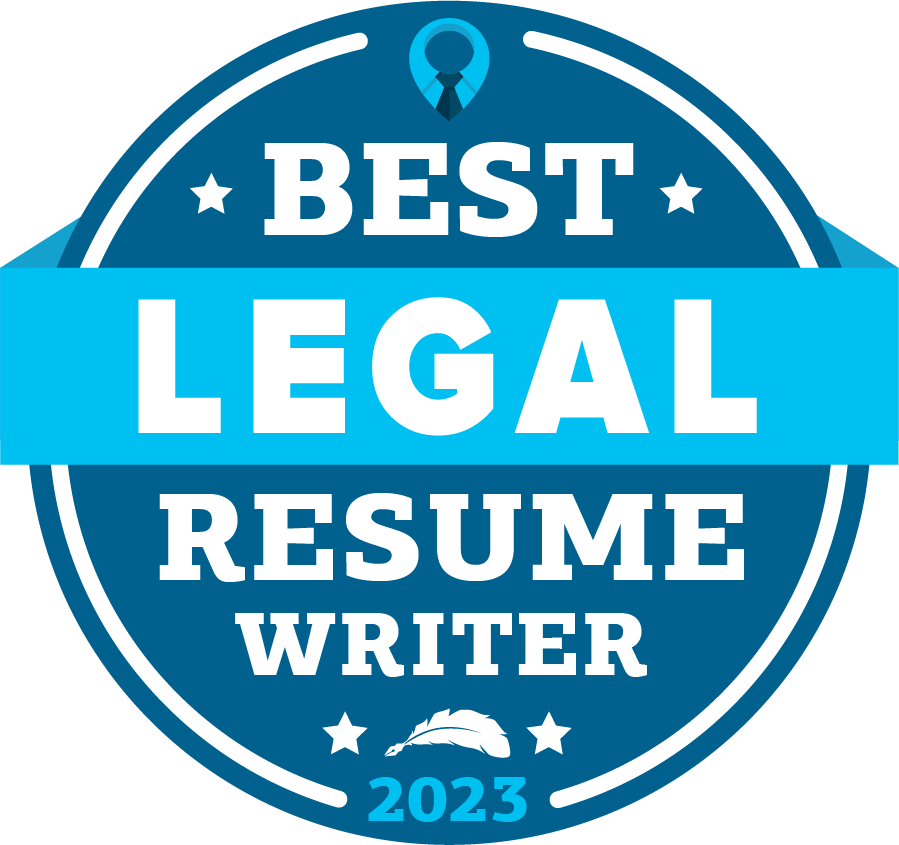Let me begin by saying, thank you for your service. My husband was in the Navy, my father-in-law served in the Army (and was injured) during Vietnam, and I have a deep respect for our armed forces. In fact, I really like to give discounts to veterans, so please be sure to ask about that when you contact me.
If you’re a veteran and reading this, you probably need help with your resume. It can be really hard to translate skills learned in combat – practiced on military bases – or on a naval carrier into language that the private sector can understand.
Option #1 – There is one set of experts that recommend stripping your professional history of as much military-related experience as you can. I disagree.
Option #2 – Another set of experts recommends translating everything into private sector language. Diffusing and neutralizing IEDs is just NOT the same as saying “effectively managed workplace conflict.” I think it loses something in the translation, don’t you? Again, I disagree.
Option #3 – You might even have the kind of resume filled to the brim with acronyms and jargon. I have to be honest when I say that that kind of resume will probably not get you a private sector job anywhere other than as a military contractor. In my opinion, too much jargon will probably not help you reach your employment goal.
Instead of following down the predictable path like everyone else (I love the word “sheeple”), I prefer a totally different approach. I believe that there is a balance somewhere in the middle. A balance where jargon is explained, not eliminated. In my opinion, stripping all the acronyms and jargon away completely excludes valuable experience. Time spent in service should be front and center on a resume, not hidden!
Begin with the executive summary. For example – “Decisive construction manager with 6 years of hands-on field experience and 3 years of experience as a virtual engineer. Capitalizes on strong leadership and communication skills gained as a Marine NCO to create consensus and resolve clashes between disciplines. Bridges the gap between field personnel/subcontractors and architects/designers, and uses 3D visualizations to save both time and money.”
What I’ve done is to establish strong leadership potential right away using our collective bias that military personnel already have well-developed management and communication skills.
- I established in the 1st sentence that the candidate has the required experience.
- Transitioned to the 2nd sentence and talked about leadership.
- Finally, I closed with the phrase “bridges the gap”, which has strong visual ties. This is designed to help the hiring manager see a positive mental image, right away.
Follow the executive summary with core competencies. Here’s your chance to list as many keywords as you can. If you were in the Army Corp of Engineers, I think it’s safe to assume that I can list construction management, field math, blueprint/schematic interpretation, etc. This is one of those sections where it might be tempting to list a bunch of military-specific jargon, but it is absolutely critical that you choose to communicate your key skills in private sector language.
The professional history section needs balance. Acronyms and jargon are a big part of the military, but that doesn’t mean we can’t explain them. Instead of removing all the jargon, I have had success with explaining it and striking a nice balance between the realities of service and the needs of the private sector.
Instead of shying away from any references to combat experience, say “Conducted 50 combat missions without incident and awarded a “Certificate of Commendation” for participating in training the 7th Iraqi Army based at Al Asad.” If I read that in a resume, I’d assume that this candidate does well under pressure and works well in a team environment.
The key is to keep military experience front and center, but write in a way where the jargon doesn’t overpower private sector needs. This has worked for my clients and it can work for you! Do you have any other strategies that have worked for you? Please post them below and happy job hunting.











